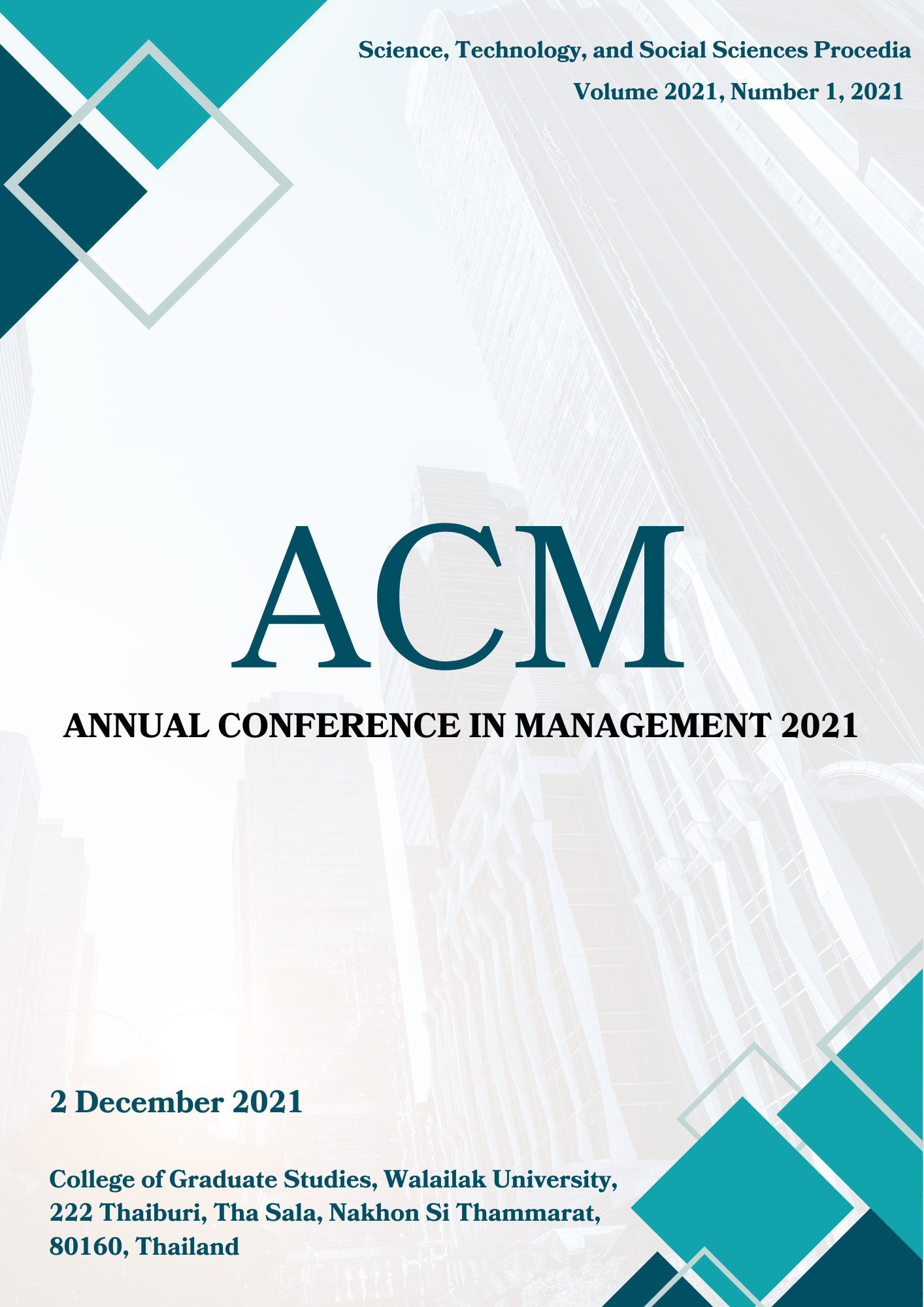The Role of Planned Behavior on College Students’ Entrepreneurial Intention: Empirical Evidence from Guangxi University of Finance and Economics, China
Keywords:
Entrepreneurial intention, Planned behavior, Entrepreneurial factors, EntrepreneurshipAbstract
The purpose of this paper is to explore planned behavior intention impact on the entrepreneurial intention of college students. Through empirical research, this paper investigates the entrepreneurship of students in Guangxi University of Finance and Economics. Using planned behavior theory; attitudes, subjective, perceived behavior control, behavior intention and permanent behavior, so as to explore the main factors affecting entrepreneurial intention. This survey research is adopted questionnaire as the research instrument. Multiple regression is deployed of data analysis using SPSS20.0 software. This paper provides empirical evidence that behavioral intention and permanent behavior have a significant positive impact on entrepreneurial intention at the significant level at 0.05. Thus, optimizing the entrepreneurial environment and policies, strengthening students’ entrepreneurial guidance services, improving entrepreneurial education, strengthening entrepreneurial practice and improving the quality of college students, students can become entrepreneurial talents to adapt to the all-round development of society.

